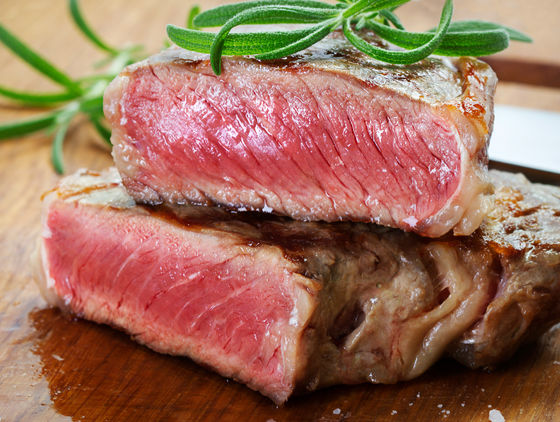According to the analysis result that plant-derived meat substitutes and real meat are 'completely different in terms of nutrition', what are the unique nutrients of each meat?

The vegetable
A metabolomics comparison of plant-based meat and grass-fed meat indicates large nutritional differences despite comparable nutrition Facts panels | Scientific Reports
https://www.nature.com/articles/s41598-021-93100-3
Lab analysis finds near-meat and meat are not nutritionally equivalent
https://medicalxpress.com/news/2021-07-lab-analysis-near-meat-meat-nutritionally.html
Due to food problems and growing awareness of the environment, meat substitutes such as Impossible Burger and Beyond Burger are receiving a lot of attention, and people are more likely to be on the table.
In order to bring plant-derived ingredients as close to the taste of meat as possible, each meat manufacturer uses leghemoglobin and berry pigments contained in soybeans to create a lean-like color, and dietary fiber such as methylcellulose. We have made various efforts such as using it to give the texture of meat fibers. In addition, many of them are nutritionally comparable to real meat by adding vegetable proteins such as soybeans and peas and fortifying vitamins and minerals.

To find out if the meats produced in this way are as nutritious as real meats, a research team led by Duke University physiologist Stephan van Vliet found 18 popular vegetable meats. We conducted a detailed analysis of 18 samples of beef grown on grass on an American ranch.
Van Vliet et al. Used an analytical method called
The research team used metabomics to examine a total of 36 samples and found that there was a significant difference between beef and meat substitutes in 171 of the 190 metabolites analyzed. Specifically, while the 22 metabolites contained in beef were not contained in the meat substitutes, the meat substitutes contained 31 metabolites not found in beef. In addition, although it is contained in both, beef has 51 kinds of nutrients that are overwhelmingly abundant, and conversely, meat substitutes have 67 kinds of nutrients that are abundant.
Typical nutrients found only in real beef include the antioxidant allantoin anserine cysteamine and the unsaturated fatty acid docosahexaenoic acid (DHA) .

On the other hand, 3-hydroxyanthranic acid , which is an antioxidant, ascorbic acid , which is so-called vitamin C, and β-sitosterol and campesterol, which have been reported to have anticancer effects, are only available as meat substitutes. Was included.
'The important thing for consumers is that those foods, whether animal or vegetable, should not be considered'substitutes',' van Vliet said. It's not that it's good. Plant and animal foods are complementary to each other because they provide different nutrients, 'he emphasized the importance of a well-balanced diet.
Related Posts:







